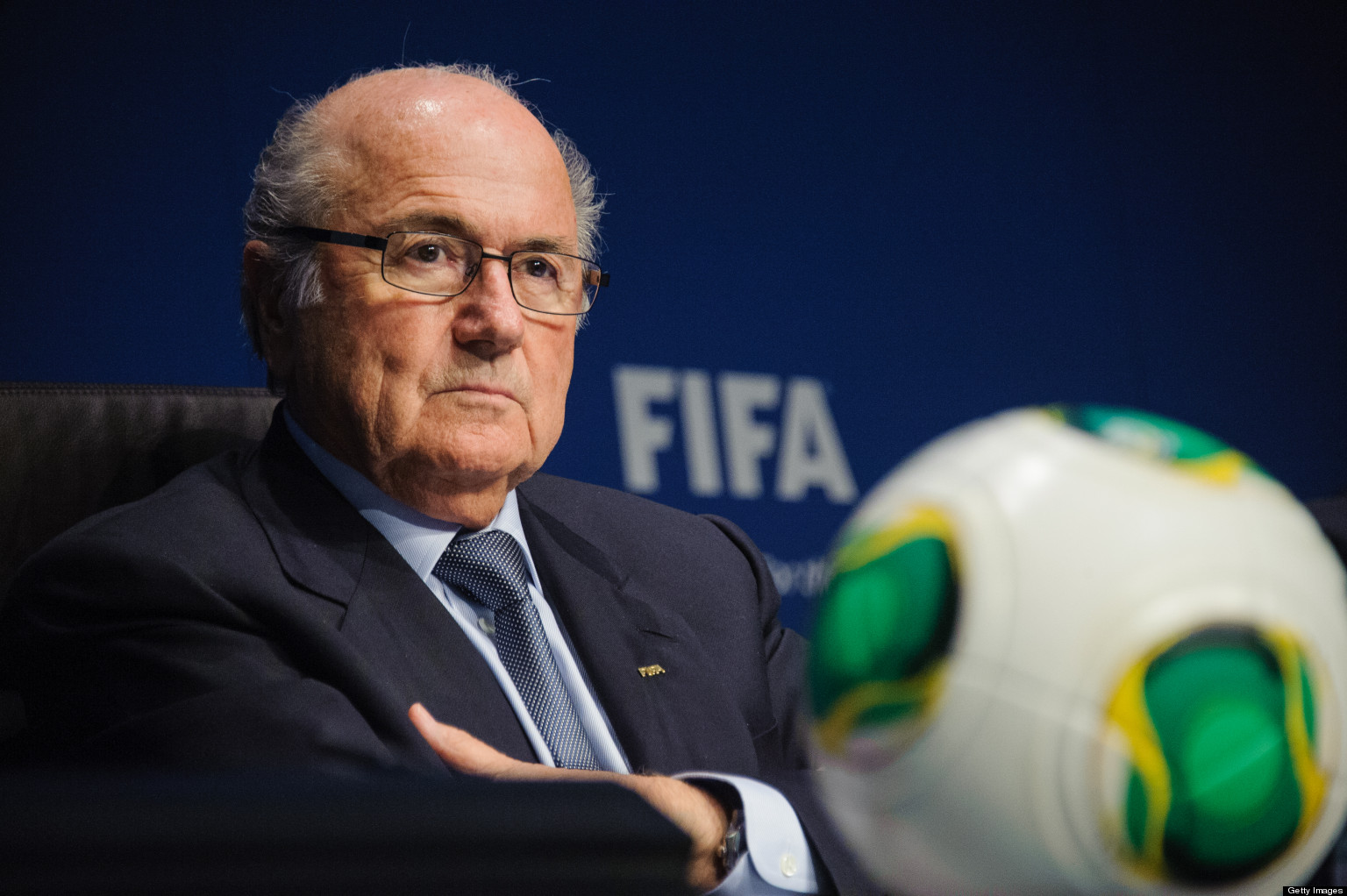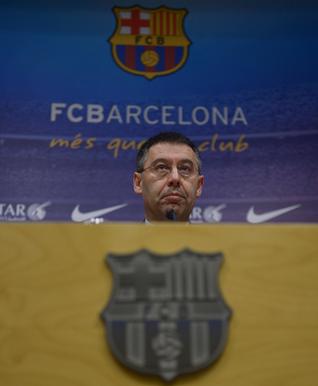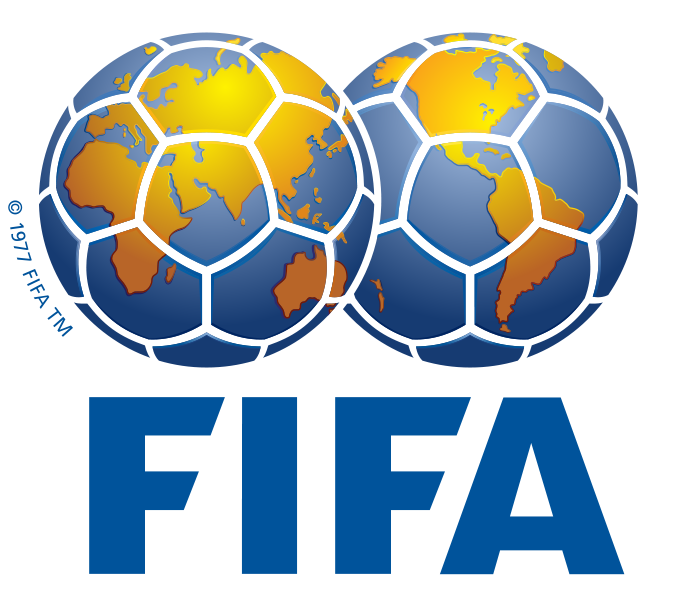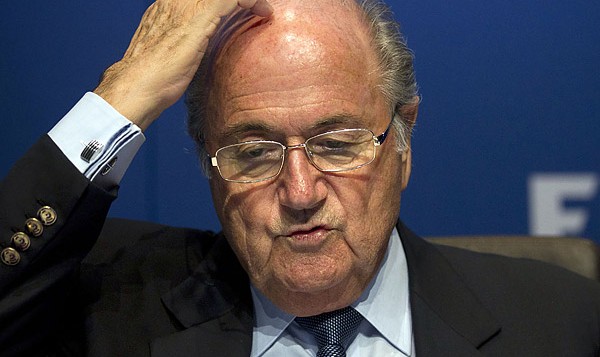Why the FIFA arrests made Russia so angry with the U.S.

News of the arrest of prominent officials in FIFA, world soccer’s governing body, on U.S. federal corruption charges triggered a fair amount of jubilation among soccer fans, keen to see the murky administration of the world’s most beloved sport cleaned up.
[What is FIFA and why is it so hated?]
But not all were happy. Not long after U.S. authorities announced their role in pursuing the arrest of seven FIFA officials in the Swiss city of Zurich, Russia’s foreign ministry issued an angry statement.
“Without going into the details of the proposed charges, we would turn attention to the fact that this is another case of illegal extraterritorial application of US laws. We hope that this will in no way be used to tarnish the international football organization in general and its decisions, including personnel,” read the statement, posted on the Russian foreign ministry’s Web site.
“Once again, we urge Washington to stop trying to administer justice far beyond its borders under its legal regulations and to follow the generally accepted international legal procedures,” it added.
On Thursday, Russian President Vladimir Putin echoed these comments, deeming the timing of the move “odd” and another sign of American methods to “illegally persecute people.”
[Was Putin right about Syria?]
Moscow, of course, has a long history of decrying American interventionism.
But in this instance, the expanding U.S. and Swiss investigations into FIFA hit rather close to home. Russia is set to host the 2018 World Cup, which it was awarded in controversial circumstances alongside Qatar’s 2022 bid. The bidding for these tournaments are now apparently the subject of federal scrutiny, and there are even suggestions (perhaps more wishful than real) that subsequent revelations could lead to the tournaments’ relocation.
This dovetails with an ongoing diplomatic feud between Russia and the West over the 2018 World Cup. Since Russia’s annexation of Crimea last year, and continued meddling in eastern Ukraine, there’s been a growing chorus of European officials calling for either a boycott of the tournament or for FIFA to reconsider its choice of Russia altogether.
That’s been echoed across the Atlantic as well. Last month, 13 U.S. senators wrote a letter to FIFA, asking it to strip Russia off the World Cup because it “inappropriately bolsters the prestige” of Russian President Vladimir Putin’s “regime at a time it when it should be condemned.”
This was noted in Moscow, and was likely on the minds of some Russian officials on Wednesday. “There are clearly forces in America that are trying to turn anything positive that we have into a new channel of confrontation,” Kirill Kabanov, a member of the Kremlin’s council on civil society, told Time magazine’s Simon Shuster. “And even if there was bribery going on [at FIFA], why would the Americans only bring it up now, just after FIFA refused the demands of [U.S.] Senators to revoke Russia’s right to host the champions?”
FIFA President Sepp Blatter, now in the eye of the storm, has resolutely stood by the Russian and Qatari World Cup bids. In his remarks on Thursday, Putin suggested the arrests were timed to “derail” Blatter’s imminent re-election as FIFA president.
Last month, FIFA also rebuffed the letter from the American senators. “History has shown so far that boycotting sport events or a policy of isolation or confrontation are not the most effective ways to solve problems,” a FIFA spokeswoman told the Associated Press last month, adding that the tournament “can be a powerful catalyst for constructive dialogue between people and governments, helping to bring positive social developments.”
That’s a questionable assertion. The World Cup has long been a showpiece spectacle for dubious governments, beginning with Mussolini’s Italy in 1934. Whatever the case, precedent would suggest that Russia’s and Qatar’s bids can’t really be challenged on grounds of geopolitics alone.
But that calculus may change if it emerges the whole process by which the tournaments were allocated was wrapped in the corruption and illegal activities now in the crosshairs of investigators.
Culled from The Washington Post




